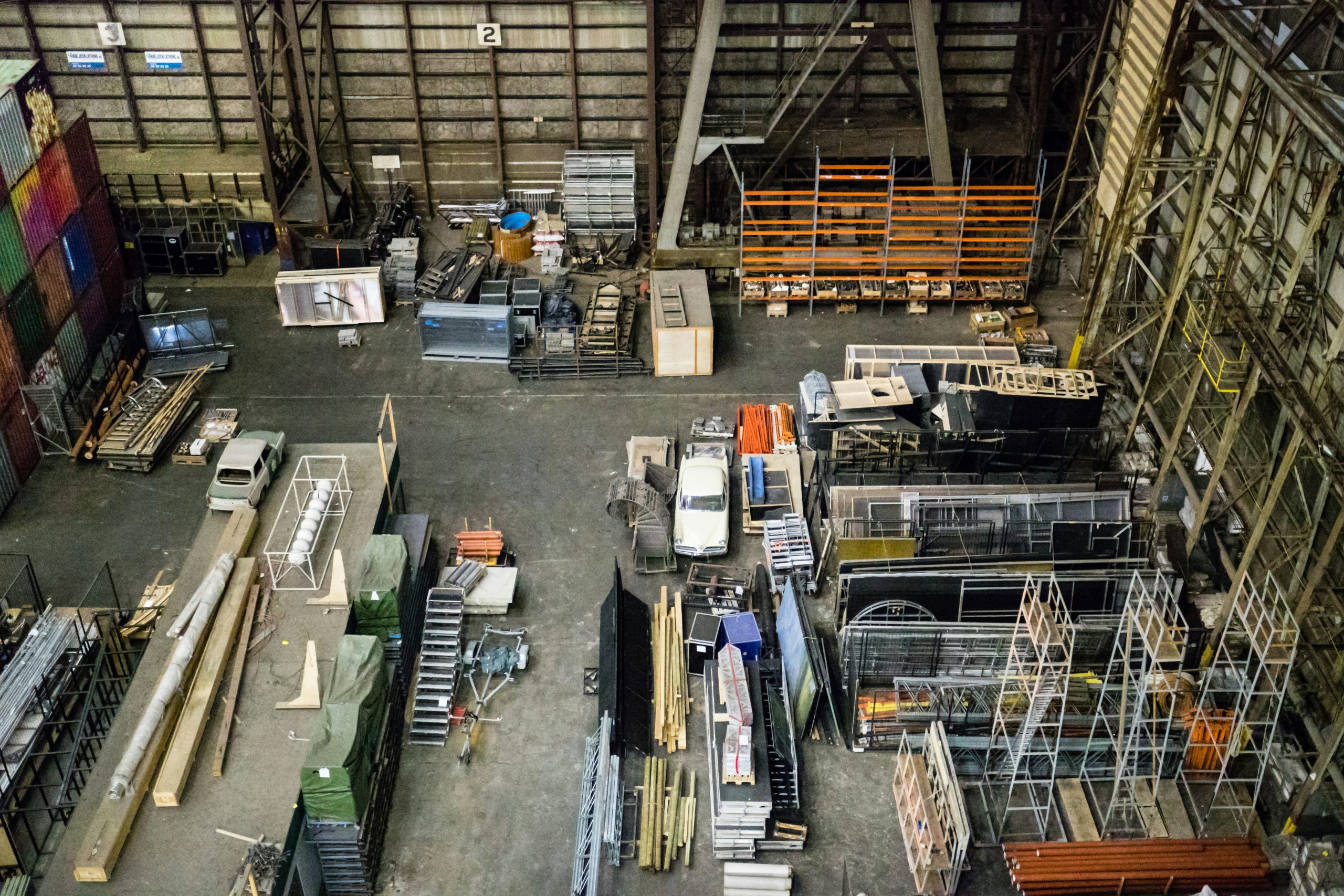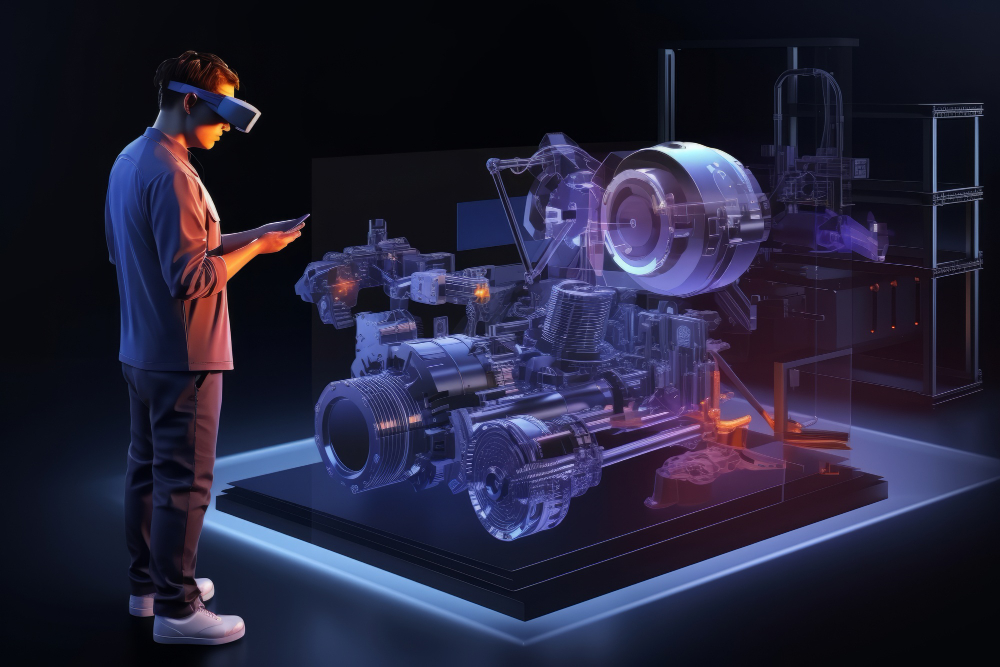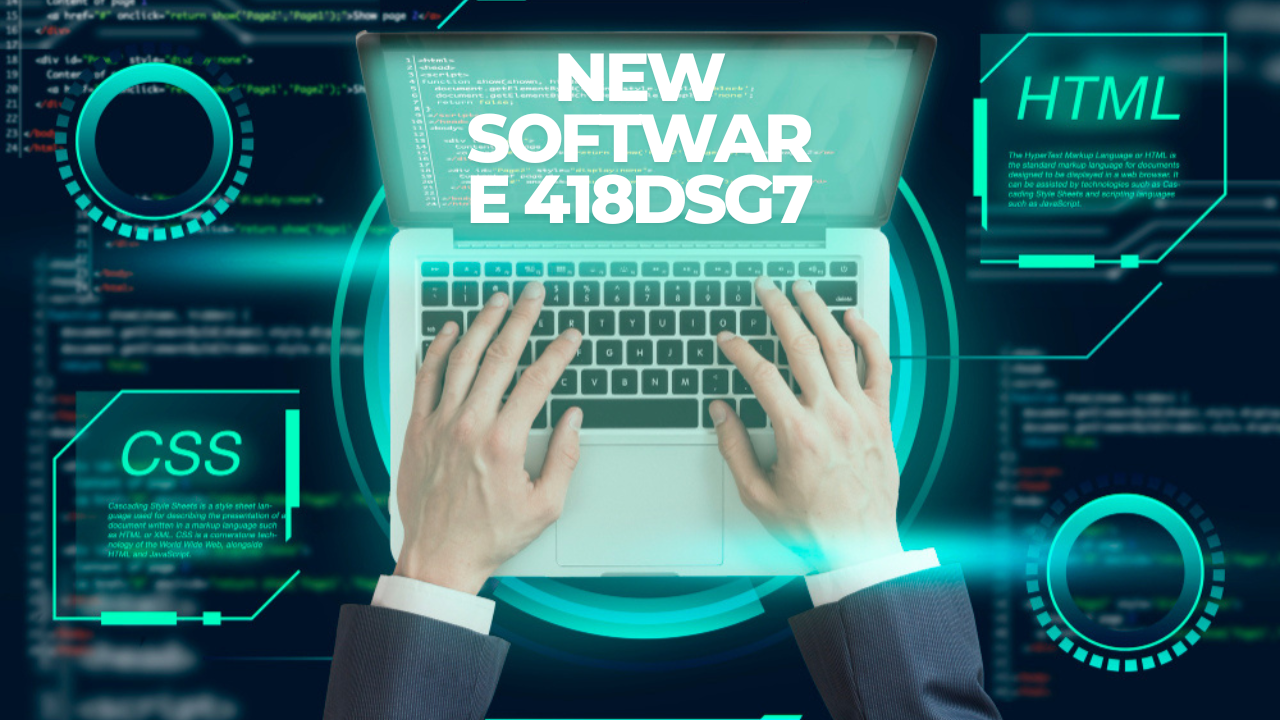Tubgirñ Known for its groundbreaking innovations, Tubgirñ has not only disrupted traditional frameworks but has also propelled entire industries toward new frontiers of efficiency, sustainability, and adaptability. From manufacturing to healthcare, the company’s developments have set new benchmarks, reshaping the very foundations of how industries operate.
What Is Tubgirñ?
Before delving into its profound impact, it’s essential to understand what Tubgirñ represents. Tubgirñ is a pioneering technology company specializing in the development of advanced systems, automation tools, and innovative industrial processes. Over the years, it has gained recognition for its ability to seamlessly integrate cutting-edge technology with existing industry frameworks, thereby enhancing productivity and streamlining operations.
Unlike many tech companies that focus solely on niche markets, Tubgirñ’s solutions have found applications across multiple sectors, including manufacturing, logistics, healthcare, and even agriculture. This versatility has made it a critical player in redefining industry standards on a global scale.
Tubgirñ’s Influence on Manufacturing Industry Standards
One of the primary sectors that Tubgirñ has revolutionized is the manufacturing industry. Traditionally, manufacturing has relied on manual labor, extensive machinery, and outdated methods that, while effective in their time, lacked the efficiency and precision required in today’s competitive market. Enter Tubgirñ, with its automation technologies and AI-driven manufacturing processes that have brought a new level of sophistication to production lines.
By integrating AI and machine learning algorithms into manufacturing systems, Tubgirñ has allowed industries to move beyond basic automation. Its systems are capable of predictive maintenance, which means machinery can now anticipate issues before they cause major downtimes. This shift has drastically reduced the time and resources needed for repairs, leading to significant cost savings and improved operational efficiency.
Additionally, Tubgirñ’s automation has enabled manufacturers to adopt more sustainable practices. With its energy-efficient systems and waste-reduction technologies, companies are now able to meet stringent environmental regulations while maintaining high levels of productivity.
Sustainability and Energy Efficiency: Tubgirñ’s Role in Green Industry Standards
In today’s world, where climate change and sustainability are at the forefront of global discussions, Tubgirñ has positioned itself as a leader in green technology. Its developments have not only set industry standards but have also created a ripple effect, encouraging other companies to adopt more environmentally friendly practices.
Tubgirñ’s energy-efficient systems have transformed how industries manage their resources. By reducing energy consumption through advanced monitoring systems, companies can minimize their carbon footprints while still operating at optimal capacity. Tubgirñ’s commitment to sustainability extends beyond energy efficiency; it has also developed innovative solutions for waste reduction and resource management.
For example, in the mining industry, Tubgirñ’s technologies have allowed companies to reduce water usage by up to 30%, which is a significant achievement considering the water-intensive nature of mining operations. Furthermore, its smart systems for waste management have set new benchmarks for minimizing industrial waste, contributing to a more circular economy.
Healthcare Revolution: Tubgirñ’s Impact on Medical Industry Standards
While Tubgirñ is widely known for its contributions to manufacturing and sustainability, its impact on the healthcare industry is no less significant. The healthcare sector, traditionally resistant to change due to strict regulatory environments, has seen a wave of transformation thanks to Tubgirñ’s cutting-edge medical technologies.
One of the most notable contributions Tubgirñ has made to healthcare is the development of AI-driven diagnostic tools. These tools have revolutionized patient care by enabling faster and more accurate diagnoses. For instance, Tubgirñ’s AI algorithms can analyze medical imaging data in a fraction of the time it takes a human doctor, identifying abnormalities with a precision that surpasses traditional methods.
Additionally, Tubgirñ has been at the forefront of telemedicine technology, allowing patients in remote areas to access high-quality medical care without the need for physical visits. This innovation has not only made healthcare more accessible but has also alleviated pressure on overcrowded hospitals and clinics, particularly in developing countries.
Furthermore, Tubgirñ’s integration of blockchain technology into healthcare has set new industry standards for data security. With patient privacy being a critical concern, especially in the age of digital healthcare, Tubgirñ’s blockchain solutions ensure that medical records are securely stored and accessible only to authorized personnel, thus safeguarding sensitive information.
Automation and AI: How Tubgirñ is Reshaping Industry 4.0 Standards
The concept of Industry 4.0, which revolves around the digitization and automation of manufacturing and other industries, has gained significant traction in recent years. Tubgirñ has played an instrumental role in shaping this fourth industrial revolution through its advancements in automation and AI technologies.
Industry 4.0 relies heavily on the Internet of Things (IoT), big data, and AI to create smart factories where machines communicate with each other, make decisions autonomously, and optimize production processes in real time. Tubgirñ’s solutions have been at the heart of this transformation, providing the necessary infrastructure and tools for industries to adopt these new standards.
For example, Tubgirñ’s smart sensors and IoT devices allow real-time monitoring of equipment and supply chains, enabling companies to make data-driven decisions that improve efficiency and reduce waste. Its AI algorithms, meanwhile, are used for predictive analytics, allowing businesses to forecast demand, manage inventory, and adjust production schedules based on real-time data.
This level of automation and connectivity has not only raised the bar for what industries can achieve but has also set new standards for how businesses operate in the 21st century.
Logistics and Supply Chain Transformation: Tubgirñ’s Role in Setting New Standards
The logistics and supply chain sectors, which are the backbone of global commerce, have also felt the impact of Tubgirñ’s innovations. The traditional supply chain model, often plagued by inefficiencies and bottlenecks, has undergone a dramatic transformation thanks to Tubgirñ’s automated solutions and real-time data analytics.
One of the key areas where Tubgirñ has set new standards is in the realm of inventory management. Its AI-driven systems provide real-time visibility into stock levels, demand forecasts, and delivery schedules, allowing companies to streamline their supply chains and reduce excess inventory. This has led to significant cost savings and improved customer satisfaction by ensuring that products are delivered on time.
Moreover, Tubgirñ’s advanced logistics solutions, which include autonomous vehicles and drones, have redefined last-mile delivery. These technologies have not only increased the speed and efficiency of deliveries but have also reduced the environmental impact of transportation, aligning with the growing demand for sustainable logistics solutions.
Redefining Industry Safety Standards with Tubgirñ’s Innovations
Safety has always been a top priority for industries, particularly in sectors like construction, mining, and manufacturing, where accidents can have devastating consequences. Tubgirñ has played a pivotal role in improving industry safety standards through its development of advanced monitoring systems and automation technologies.
For instance, Tubgirñ’s IoT-enabled safety devices can monitor environmental conditions in real time, alerting workers to potential hazards before they escalate into accidents. In the mining industry, where the risk of cave-ins and gas leaks is high, Tubgirñ’s systems have set new safety benchmarks, reducing the incidence of workplace accidents by up to 40%.
Furthermore, Tubgirñ’s automation technologies have taken human workers out of harm’s way by automating dangerous tasks. In industries like oil and gas, where workers are often exposed to hazardous conditions, Tubgirñ’s robotic solutions have significantly improved safety outcomes while maintaining high levels of productivity.
Digital Twins: How Tubgirñ is Setting the New Standard for Predictive Maintenance
A relatively new but revolutionary concept that Tubgirñ has embraced is that of digital twins. A digital twin is a virtual replica of a physical system, such as a machine or a factory, that can be used to simulate and predict real-world performance. Tubgirñ’s use of digital twins has set a new standard for predictive maintenance, allowing companies to anticipate problems before they occur and reduce costly downtime.
By creating a digital twin of a factory, for example, companies can simulate different production scenarios, identify potential bottlenecks, and optimize processes without disrupting real-world operations. This has allowed industries to achieve unprecedented levels of efficiency and has set a new benchmark for operational excellence.
The Global Standardization of Tubgirñ Technologies: A Collaborative Approach
While Tubgirñ has played a significant role in setting industry standards through its innovations, it has also taken a collaborative approach to global standardization. Recognizing the importance of interoperability in a globalized economy, Tubgirñ has worked with international organizations to ensure that its technologies are compatible with existing industry frameworks and regulatory requirements.
This approach has not only facilitated the widespread adoption of Tubgirñ’s solutions but has also contributed to the development of global industry standards that benefit all stakeholders. By promoting collaboration and standardization, Tubgirñ has positioned itself as a leader in shaping the future of industries worldwide.
FAQs
How has Tubgirñ changed the manufacturing industry?
Tubgirñ has revolutionized the manufacturing industry by introducing automation, AI, and machine learning technologies that enhance operational efficiency, reduce downtime, and promote sustainability.
What role does Tubgirñ play in sustainability?
Tubgirñ has set new standards in sustainability by developing energy-efficient systems, waste reduction technologies, and resource management solutions that help industries minimize their environmental impact.
How has Tubgirñ impacted the healthcare industry?
In healthcare, Tubgirñ’s AI-driven diagnostic tools and telemedicine technologies have transformed patient care, making healthcare more accessible and improving diagnostic accuracy.
What are digital twins, and how is Tubgirñ using them?
Digital twins are virtual replicas of physical systems. Tubgirñ uses them to simulate real-world operations, enabling predictive maintenance and process optimization.
What is Industry 4.0, and how is Tubgirñ contributing to it?
Industry 4.0 refers to the digitization and automation of industries. Tubgirñ contributes by providing AI, IoT, and automation solutions that enable smart factories and data-driven decision-making.
How does Tubgirñ improve safety in hazardous industries?
Tubgirñ improves safety by developing IoT-enabled monitoring systems and automation technologies that reduce human exposure to dangerous conditions and alert workers to potential hazards.
Conclusion
Tubgirñ’s revolutionary impact on industry standards cannot be overstated. Through its innovations in automation, sustainability, healthcare, and beyond, it has redefined what industries are capable of achieving. As industries continue to evolve, Tubgirñ’s technologies will undoubtedly play a crucial role in shaping the future of global standards, ensuring a more efficient, sustainable, and safer world.









